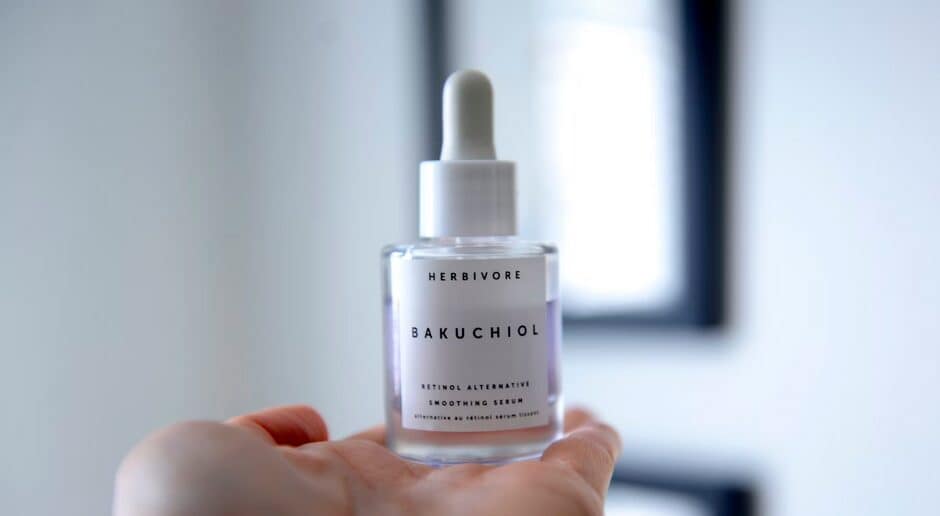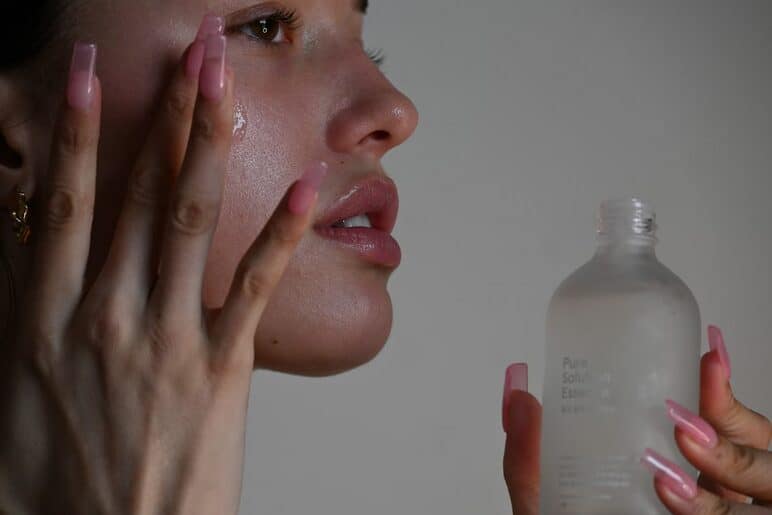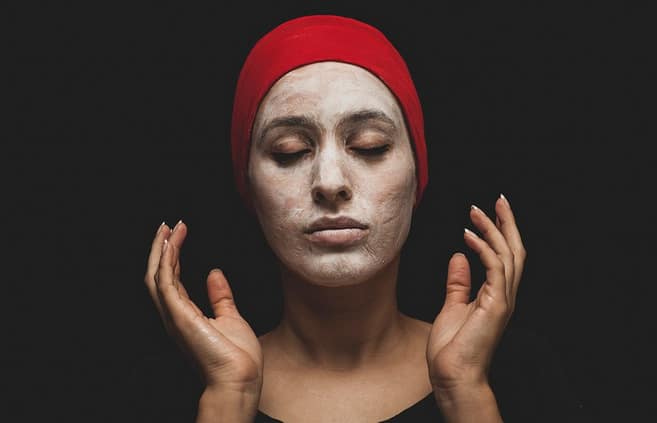Skincare Mistakes That Are Ruining Your Skin
Your mirror doesn’t lie, but sometimes your skincare routine does. While you’re pouring money into expensive serums and following elaborate regimens, you might be sabotaging your skin without even knowing it. These common blunders can transform your well-intentioned efforts into a recipe for disaster. Let’s dive into the mistakes that could be turning your complexion from a glowing goddess to a stressed-out mess.
Over-Cleansing: When Clean Becomes Cruel

Scrubbing your face like you’re removing paint from a wall won’t give you porcelain skin. Many people believe that squeaky-clean feeling means they’ve done a good job, but that tight sensation signals damage. Your skin produces natural oils for a reason – they’re not the enemy you think they are. Washing your face more than twice daily strips away this protective barrier, leaving your skin vulnerable and irritated. Double-cleansing at night makes sense if you wear makeup or sunscreen, but morning cleansing should be gentle. Think of your skin like a delicate fabric – treat it with care, not like a kitchen counter that needs heavy-duty scrubbing.
Product Overload: More Isn’t Always Merrier
 Your bathroom cabinet might look like a skincare store exploded, but using everything at once creates chaos, not clarity. Layering ten different products doesn’t multiply their benefits – it often cancels them out entirely. Your skin can only absorb so much before it starts rebelling with breakouts, redness, or that dreaded combination of oily and flaky patches. Active ingredients like retinoids, acids, and vitamin C can clash like feuding relatives at a family dinner. Start with three basic products: cleanser, moisturizer, and sunscreen. You can always add more later, but removing products from an overcrowded routine often yields better results than adding them.
Your bathroom cabinet might look like a skincare store exploded, but using everything at once creates chaos, not clarity. Layering ten different products doesn’t multiply their benefits – it often cancels them out entirely. Your skin can only absorb so much before it starts rebelling with breakouts, redness, or that dreaded combination of oily and flaky patches. Active ingredients like retinoids, acids, and vitamin C can clash like feuding relatives at a family dinner. Start with three basic products: cleanser, moisturizer, and sunscreen. You can always add more later, but removing products from an overcrowded routine often yields better results than adding them.
Skipping Sunscreen: Your Future Self’s Biggest Regret
“I’ll just be inside today” or “It’s not that sunny” are famous last words in the skincare world. UV rays don’t take sick days, and they certainly don’t care about your excuses. Windows don’t block all harmful rays, and cloudy days can be just as damaging as sunny ones. Skipping daily SPF is like investing in expensive anti-aging products while simultaneously aging your skin at warp speed. The sun causes up to 80% of visible aging signs, making sunscreen your most powerful anti-aging tool. Apply it every single day, rain or shine, indoors or out – your 50-year-old self will thank you profusely.
Ignoring Your Skin Type: One Size Doesn’t Fit All

Using your friend’s holy grail product because it worked miracles for her is like wearing her prescription glasses and expecting perfect vision. Oily skin needs different care than dry skin, and sensitive skin has its own set of rules entirely. That viral TikTok routine might be perfect for combination skin but disastrous for your rosacea-prone complexion. Pay attention to how your skin behaves, not how you think it should behave. What worked in your twenties might be completely wrong for your thirties, and seasonal changes can shift your skin’s needs too. Listen to your skin’s signals – it’s constantly telling you what it needs if you’re willing to pay attention.
Your skin is remarkably forgiving, but it’s not invincible. These mistakes might seem harmless individually, but together they create a perfect storm of skincare sabotage. The good news? Most skin damage from poor habits can be reversed with patience and the right approach. Stop treating your face like it’s indestructible, start listening to what it needs, and remember that consistency beats complexity every time. Sometimes the best thing you can do for your skin is simply to do less – but do it better.…



 Sunscreen is crucial for protecting your skin from harmful UV rays, but certain chemical sunscreens may contain ingredients that can be absorbed into the bloodstream and potentially harm the baby. Opt for physical sunscreens with ingredients like zinc oxide or titanium dioxide, which create a physical barrier on the skin to deflect UV rays. These ingredients are generally considered safe during pregnancy.
Sunscreen is crucial for protecting your skin from harmful UV rays, but certain chemical sunscreens may contain ingredients that can be absorbed into the bloodstream and potentially harm the baby. Opt for physical sunscreens with ingredients like zinc oxide or titanium dioxide, which create a physical barrier on the skin to deflect UV rays. These ingredients are generally considered safe during pregnancy.